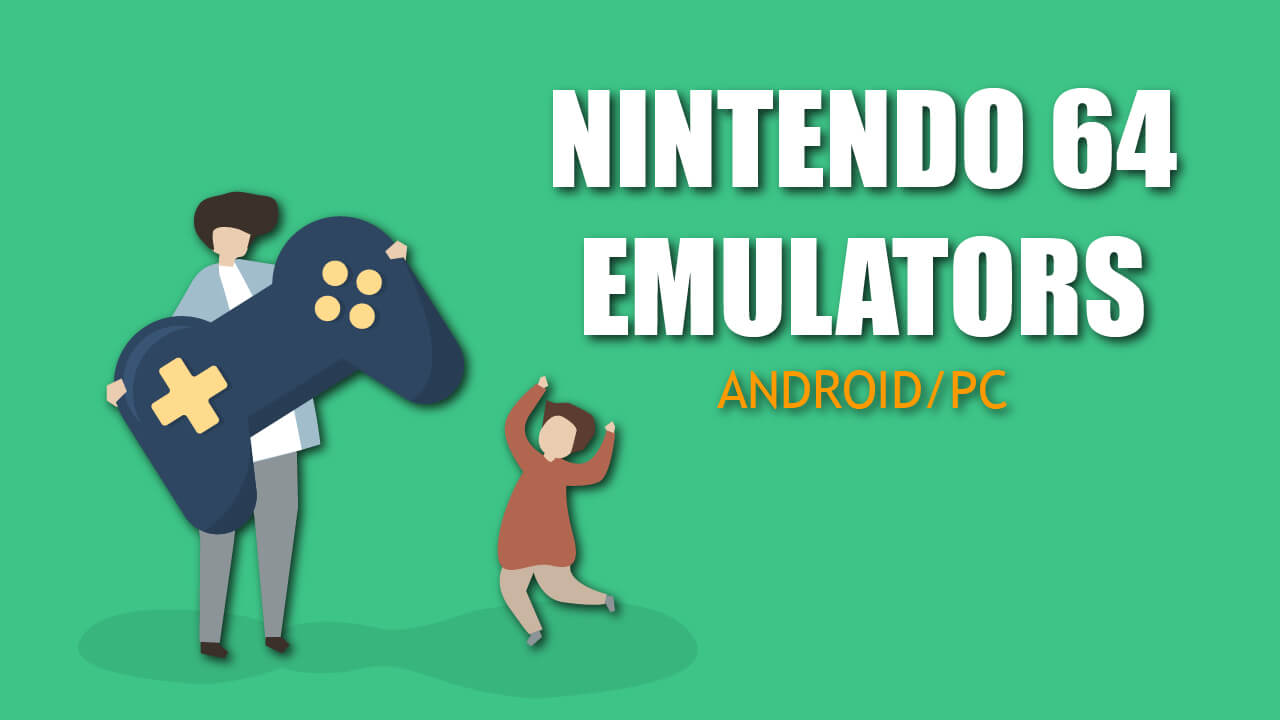Are you looking for Lucidchart alternatives? The web-based intelligent diagramming tool Lucidchart enables you to create elaborate graphics from the start or by importing data, pre-existing diagrams, or photos. Also, it’s the finest software for teamwork if you’re ready to take your visual workspace online.
If you’re looking to optimize your workflow, Lucidchart integrates with several other popular tools, including Google Workspace, Asana, Slack, and Atlassian. In a word, this software is essential for effective communication, teamwork, and the presentation of ideas.
Though useful, Lucidchart does have a few drawbacks. There are no downloadable desktop applications. The models it provides are also stifling innovation in the fields of law, teaching, and medicine.
So, if you’re looking for the Best free alternatives to Lucidchart that work with your specific needs, look at the options we’ve compiled.
Best Lucidchart Alternatives
Unfortunately, there is no one perfect diagramming tool. Rather, it all relies on the user’s requirements. For this reason, we have compiled a list of the best alternatives to Lucidchart in 2024.
1. Creately
Creately is one of the best cost-effective alternatives to Lucidchart, which provides equally effective diagrams. Flowcharts and other diagrams can be made quickly and easily using the software’s automation and drag-and-drop features, as well as its huge library of premade templates for any subject or industry.
Lucidchart lacks the contextual toolbar that suggests possible forms as you draw. To facilitate instantaneous communication and cooperation, Creately offers features like video conferencing.
With their help, you and your coworkers can coordinate effectively and monitor changes in real time. The software can draw more than 50 different kinds of diagrams and is available in several languages.
2. Mindmeister
MindMeister’s charm comes from two distinct aspects. As a first benefit, its user-friendliness makes mind maps a breeze to produce. As a second point, monthly subscriptions to Mindmeister are charged rather than the per-user rates used by Lucidchart.
A few of Mindmeister’s most significant features are its round-the-clock backup, team communication, project prioritizing and administration, and presentation-building instruments.
In addition, project deadlines can be established. The paid version has more features but costs money. It’s possible to publish and distribute links to diagram drawings in the free version, but exporting them will require a premium subscription.
3. PIDOCO
Pidoco is another web-based software for making mockups, wireframes, and diagrams. Use this drawing app to experiment with its many different shapes and components. As a bonus, you can organize your drawing sheets by the project.
While there is a lot of variety in the available shapes, the interface could use some work. You’ll need to source appropriate icons and geometric forms for your projects. The linked forms are also shown, which is a plus.
Once you have the desired forms in the panel, you can simply drag & drop them onto the canvas. Pidoco supports saving to SVG, RTF, PDF, PNG, and HTML for the drawings. It’s possible to replicate the URL and distribute it amongst coworkers.
4. DRAW.IO
Draw.io shall serve as our first stop. This diagramming tool is gaining traction because of its feature set and user-friendliness. There are many different templates available, much like Lucidchart.
It doesn’t matter if you need a mind map or want to make a fun project. Draw.io will get the job done. As a bonus, the set of tools is rather decent. Although it doesn’t have Lucidchart’s contextual polish, it gets the job done well.
Just drag and drop an object into your painting to add it. Alternatively, you can click on the objects to use them as guides when sketching on a blank canvas. Additionally, clicking the tiny arrow symbols will duplicate the selected shape.
5. Cacoo
Cacoo is an easy-to-use, web-based diagramming tool. It comes preloaded with a plethora of product design and marketing development templates. Its friendly design encourages you to get right in and start using your imagination.
Create professional-looking flowcharts, wireframes, and network diagrams with the help of a plethora of premade templates and shapes.
Cacoo also has the capability to import screenshots and photos for use in your projects. Its ease of use is remarkable. If you’re just starting or aren’t tech-savvy, this is the tool for you.
You may streamline your processes with this software’s support for a wide variety of other software, including Adobe Creative Cloud, Google Drive, Google Docs, Confluence, Amazon Web Services, Dropbox, Slack, Visio, and Box.
6. Visme
Visme is an all-inclusive online design environment that offers a variety of diagramming options. This can function as a standalone piece or be folded into a larger project. The tools your team needs to make visuals are right there in Visme.
Make your charts and diagrams using Visme’s powerful yet simple-to-use diagram tool. It comes with a wide variety of editable templates that you can use to give your business a consistent visual identity.
Its control panel offers a plethora of potential visuals to use. You may let your imagination go wild thanks to the abundance of available options, including content blocks, symbols, photographs, graphics, and shapes.
7. Visio
Microsoft owns one of the most popular visual diagramming software, Visio, and includes it in its 365 suite of productivity apps. Often referred to as “the ideal tool for diagramming,” this powerful software makes it possible to make, modify, and work on professional diagrams with anyone, anywhere, and at any time by way of Microsoft Teams.
It has a simple interface that makes it simple to understand how to use it for anything from a simple organizational chart to an elaborate one with infinite permutations.
To convert a whiteboard flowchart, map an IT network, or construct an organizational chart with minimal effort, users can pay more for access to more advanced tools.
8. Gliffy
Gliffy is a diagramming tool developed specifically by the software engineering community. The Atlassian suite, including Confluence and Jira, inspired its development. Software development facilitates collaboration between design teams.
They’ve been in business for 15 years, and throughout that time, they’ve expanded to serve businesses and other teams. Teams can use Giffy’s flowchart, wireframe, and diagram tools to collaborate better on design, development, and business endeavors.
Like other diagramming software, Visme requires a third-party application if you want to use a created diagram in a different context.
9. MindMup
As a web-based application, MindMup provides cloud backup for your mind maps. All of your projects are always available, regardless of the device you’re using to access them. It has built-in keyboard shortcuts that make it easier to jot down your thoughts.
Use MindMup for both collaborative and solo brainstorming. It allows you to export your maps to formats like PowerPoint and PDF, as well as publish and share them online.
MindMup is a low-cost diagramming software that can speed up your workflow using shortcut keys. You’ll be able to get more done in less time as a result of this.
10. Mural
The mural is a fantastic digital diagramming alternative for distributed creative teams interested in sharing the process of ideation, development, and refinement.
The free plan is feature-rich, including 5 murals, an infinite number of members, visual collaboration and facilitation tools, a full template library complete with member-built custom templates, and visitor access with just one click.
All of the Facilitation SuperpowersTM features, such as the laser pointer, lock, and vote, are available in all plans, and the upgrade pricing is reasonable. The mural is more than simply a virtual whiteboard. It’s also a tool for agile and design thinking-based workshop facilitation and product planning.


